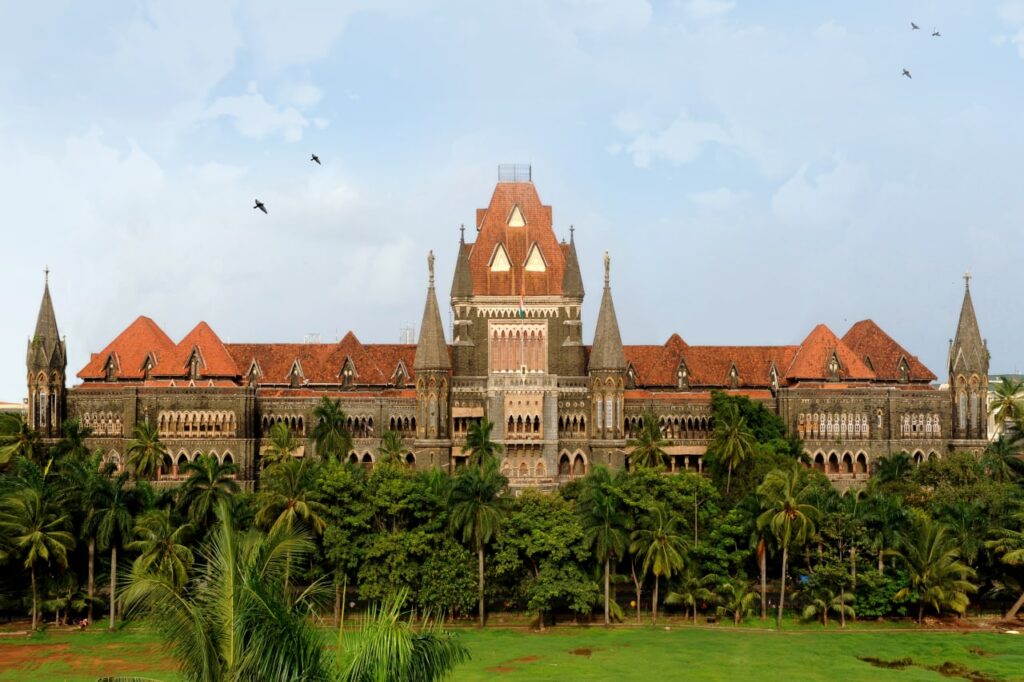Just being there and saying “Mara Mara” does not show a shared intention. The Bombay High Court has cleared three family members in a murder case.

The Bombay High Court recently cleared three family members of murder charges against a woman, stating that just being at the crime scene and saying “mara mara” (beat her, beat her) does not show a shared intention under Section 34 of the Indian Penal Code (IPC). The court upheld the life sentence of the main accused, Jayanand Dhabale. This decision came from an appeal by four family members who were found guilty by the Additional Sessions Judge in Pusad for the murder of Sunanda, a widow attacked on May 1, 2015. The court determined that the prosecution did not prove the necessary shared intention for Jayanand’s wife, Ashabai, and his two sons, Niranjan and Kiran.
Advocate S.G. Varshani represented the appellant, while Additional Public Prosecutor A.B. Badar represented the State. Sunanda, the widow of Jayanand’s deceased brother Vijay, had been living with her in-laws after her husband passed away. Family tensions grew as the Dhabale family accused Sunanda of practicing black magic, which they claimed caused their illnesses and misfortunes. On the day of the attack, Jayanand was seen with an axe while Sunanda was seriously injured. Eyewitnesses reported that Ashabai urged the attack by shouting “mara mara,” while Niranjan and Kiran were also present. The prosecution argued that the family acted with a common intention to kill Sunanda, suggesting a coordinated effort. However, the defense argued there was no prior plan or joint effort to commit murder.
The Court observed that there was no evidence of any prior agreement or joint action among the accused to kill Sunanda. Justices Vinay Joshi and Abhay Mantri pointed out that simply being at the crime scene or saying phrases like “mara mara” does not meet the requirements of common intention under Section 34 IPC. The Court stated, “The presence of accused Nos. 2 to 4 at the scene or their words suggesting to beat her as ‘mara mara’ do not fulfill the criteria of Section 34 IPC for committing her murder.” The Bench further noted that the prosecution did not prove that Ashabai, Niranjan, and Kiran knew about Jayanand’s plan to kill Sunanda or took part in the crime’s planning or execution. The Court concluded that Ashabai’s remark, “mara mara,” could be seen as a call to beat rather than to kill Sunanda. Without proof of a prior plan or shared intent, the Court decided that Section 34 IPC, which relates to actions taken in support of common intention, did not apply.
The Bench stated, “Without common intention, Section 34 of the IPC cannot be invoked.” Ultimately, the Court acquitted Ashabai, Niranjan, and Kiran of the charges under Section 302 along with Section 34 IPC. However, it confirmed the conviction and life sentence of Jayanand Dhabale, who was found responsible for the deadly attack on Sunanda.
Cause Title: Jayanand & Ors. v. State of Maharashtra [Neutral Citation No. 2024:BHC-NAG:12447-DB]









